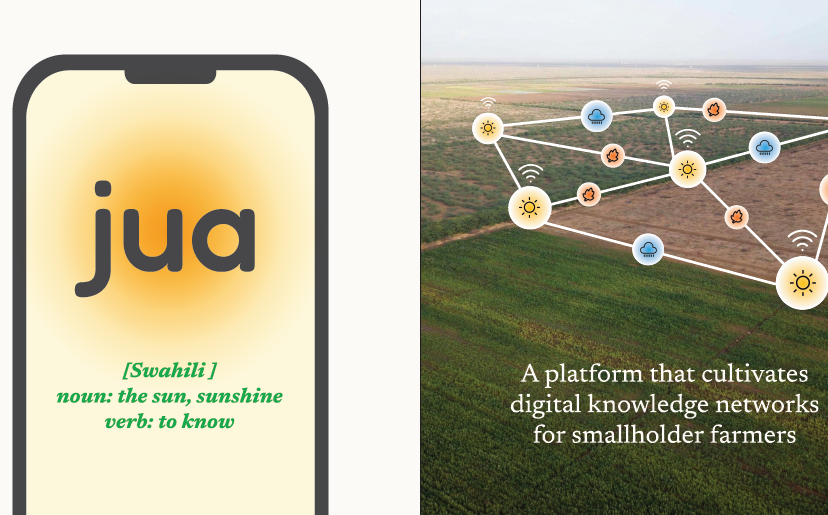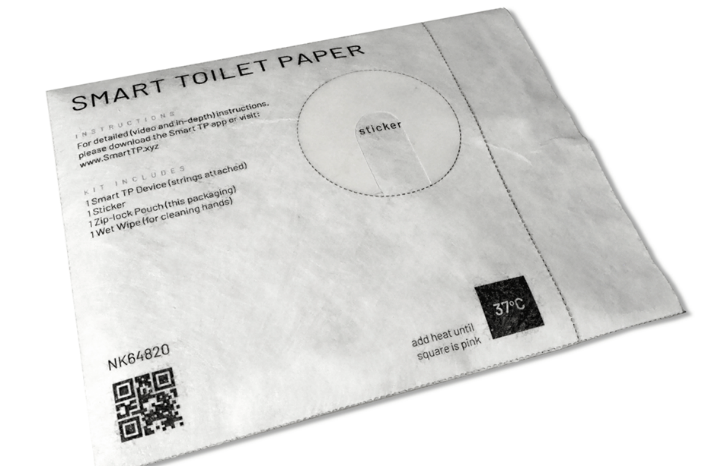Curriculum
The two-year, four-term MDE program is built around a core of engineering and design methods that involve gaining understanding of complex challenges, imagining novel solutions, and building and assessing prototypes.
MDE core teaching is complemented with exposure to economics, business, psychology, and sociology.


MDE students enter the program with an astounding range of professional profiles. While they share the same passion for positive change and all acquire a common set of skills, they ultimately retain (and craft) diverse profiles through their highly personalized journeys at Harvard.
Students take the equivalent of four courses per semester over two years. This includes studio courses and is complemented by a series of public lectures and intimate discussions with prominent innovators, designers, and thought leaders in business and industry.
Curriculum
The two-year MDE curriculum includes required MDE courses and studio in the first year, the Independent Design Engineering Project (IDEP) in year two, and electives throughout the two-year experience. The approach balances maximum flexibility to customize a course of study while ensuring that every MDE student acquires a shared set of core skills, methods, and techniques in the design-engineering space.


Studio Topics
Each year, we commit to a single domain within which students have ample freedom to identify problems they are passionate about. Students are guided to engage with stakeholders and spend time outside the classroom doing field studies.

2022 Textile Ecologies

Studio introduces students to the fundamental tools that enable transformative and integrative design: data analysis and visualization, human-centered design thinking, persona studies, quantitative analysis, modeling and simulation on multiple scales, and prototyping and experimentation. Past topics include:
- Food Systems
- Health Systems and Aging
- Mobility
- Waste
- Telepresence and Telehealth
- Energy, Carbon, and Society
Featured Collaborative Design Engineering Studio Projects
Independent Design Engineering Projects
MDE students complete a project much like a thesis by taking on a real-world, societal challenge of their choice. Working with stakeholders, the projects leverage a combination of design and engineering methods with the goal of presenting a prototype at the end of the two-semester period.
Across all projects, stakeholder engagement is emphasized so that work is grounded in real-world problem-solving that positively impacts society and individual communities. Projects are reviewed and critiqued by faculty, as well as visiting professionals and content experts.

Featured Projects

Raeda: Cabin Awareness for Autonomous Vehicle Fleets
Even if self-driving cars can navigate the roads safely, they currently lack scalable systems to respond to messy passenger behavior.

The Urdu Project
A Historical Analysis of Compromises Made to Adapt Language to Technology, and Designs to Adapt Technology to Language

Jua
Jua, which means “the sun” and “to know” in Swahili, is a digital-platform intervention that connects smallholder farmers to information and resources.

Smart Toilet Paper
A smart, disposable device to track your gut microbiome, with the goal of being both reliable and affordable.
See more Independent Design Engineering Projects in the archives.





